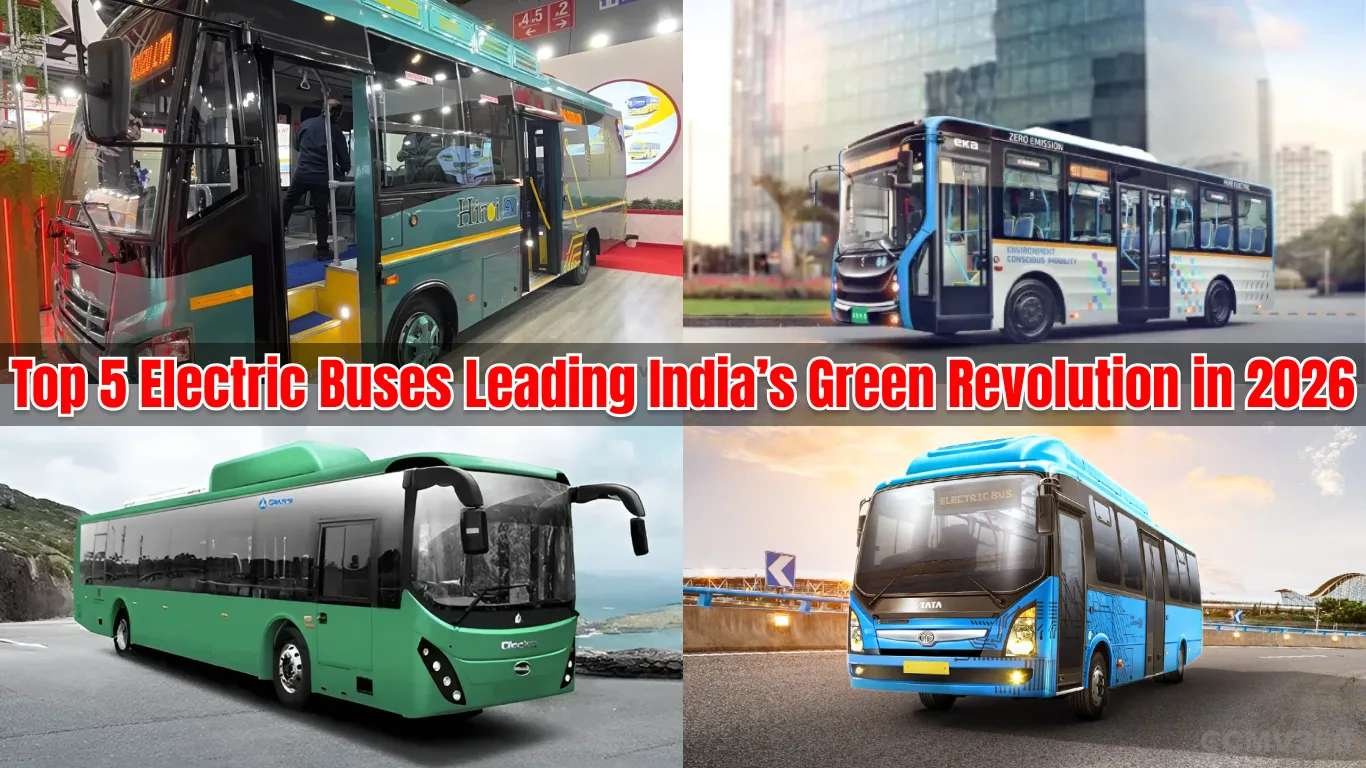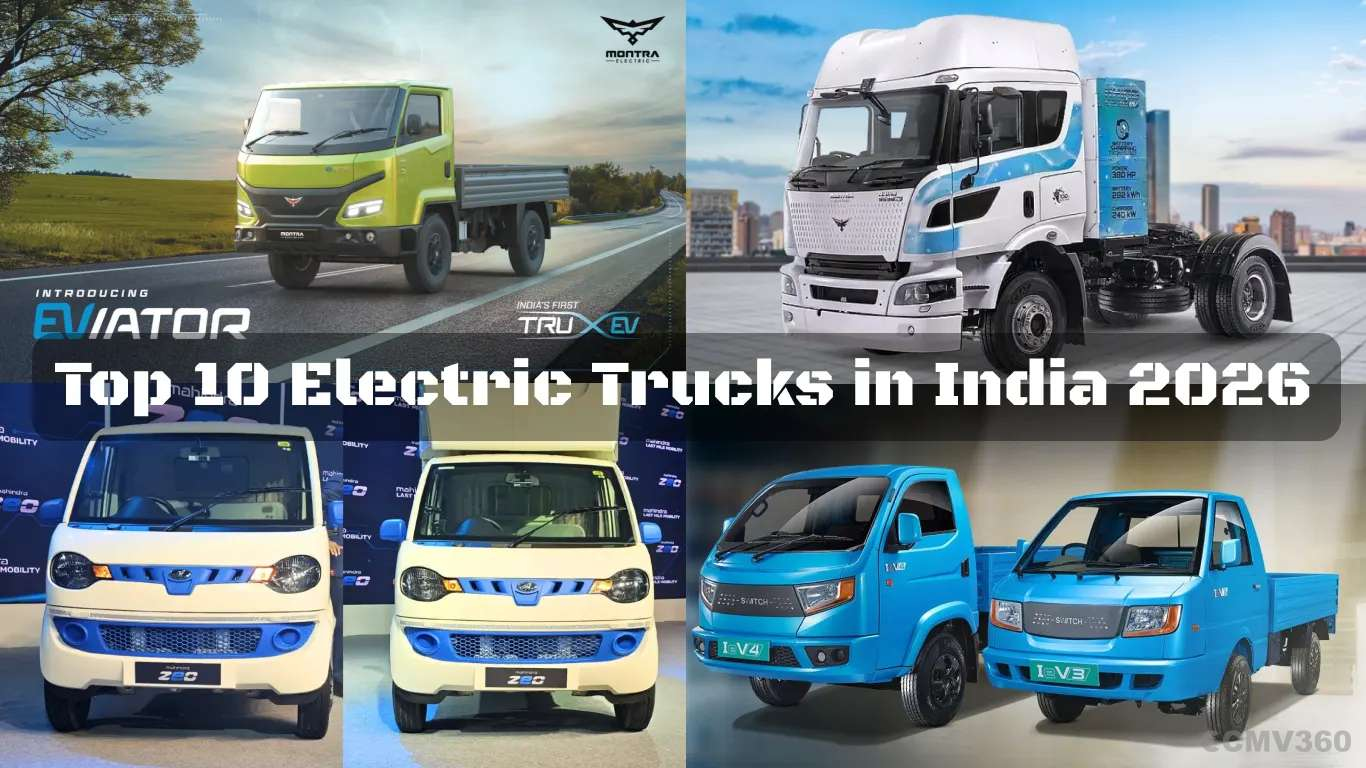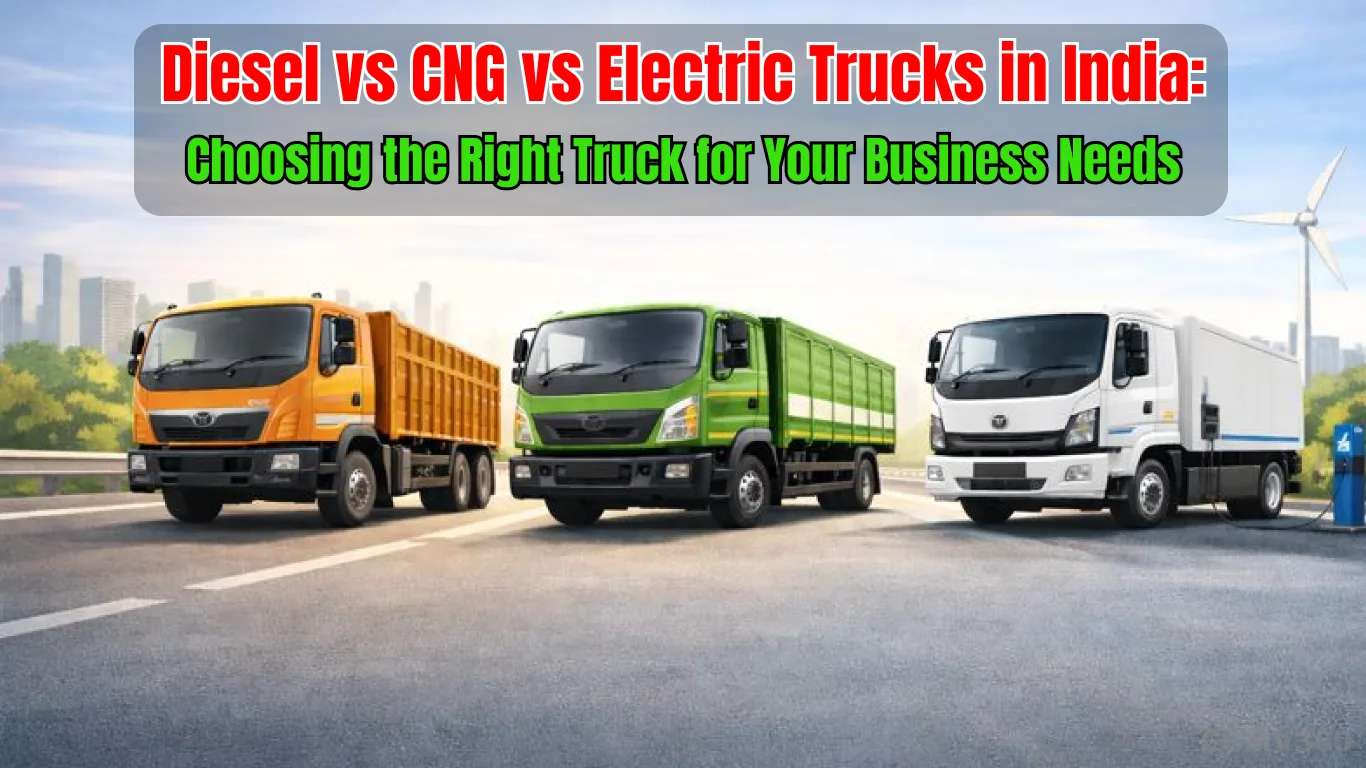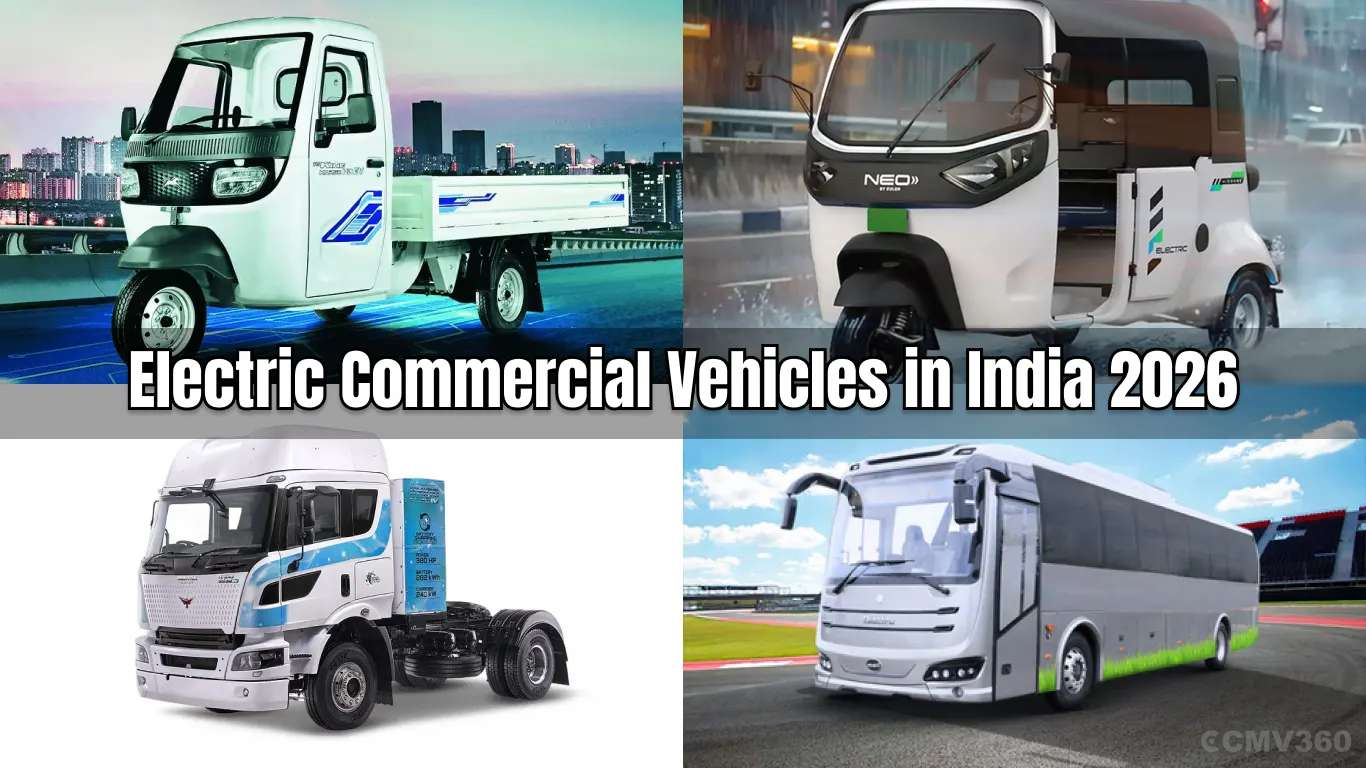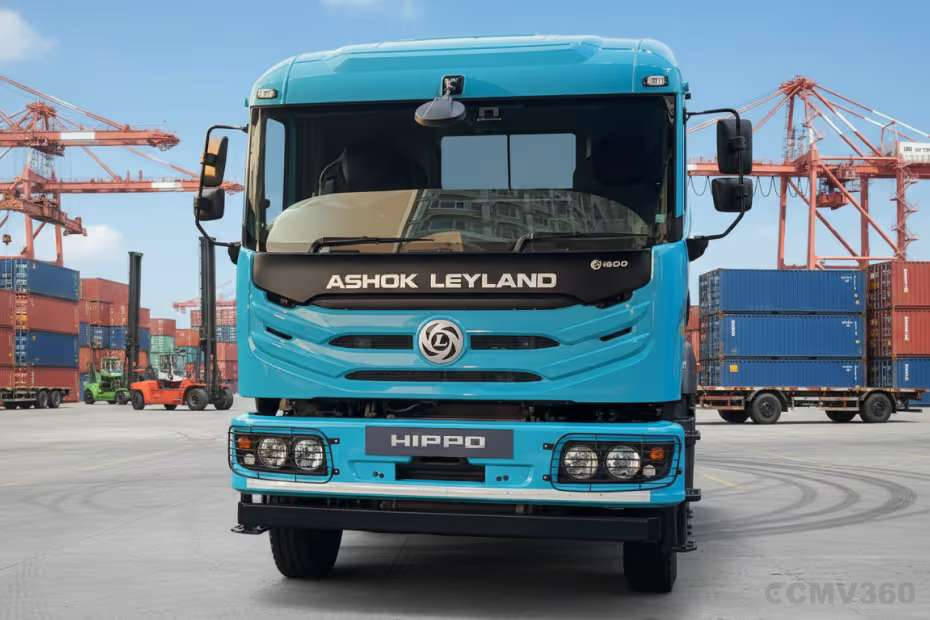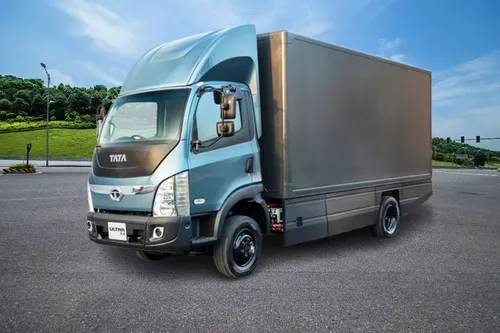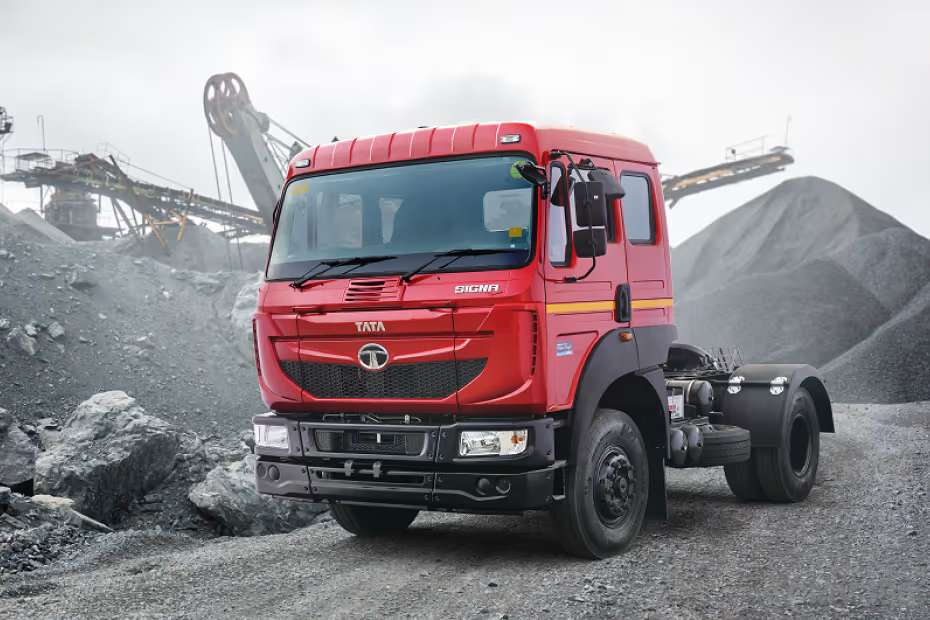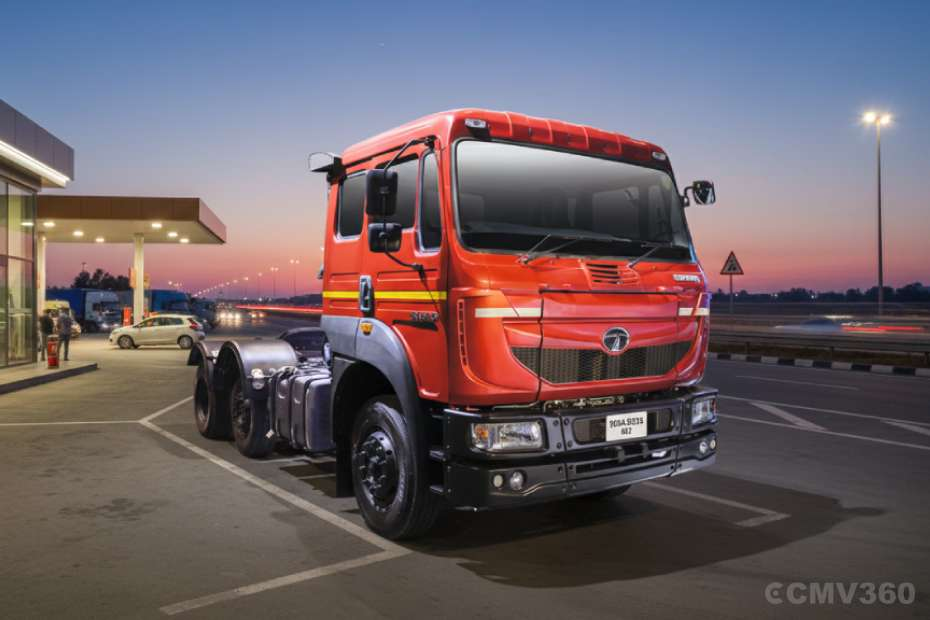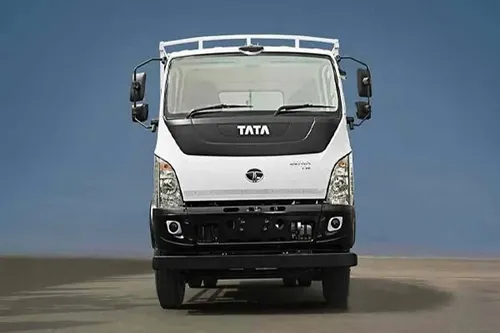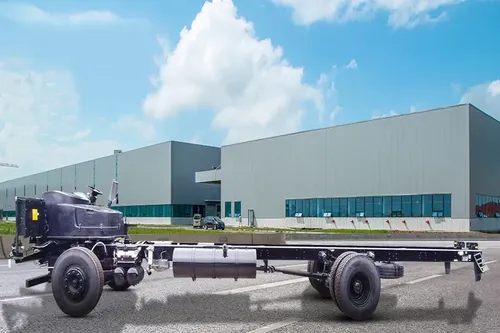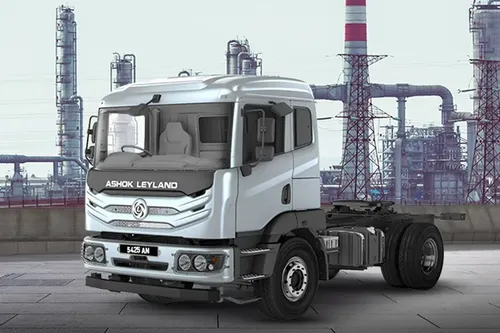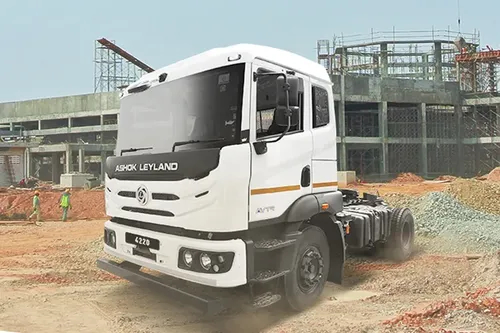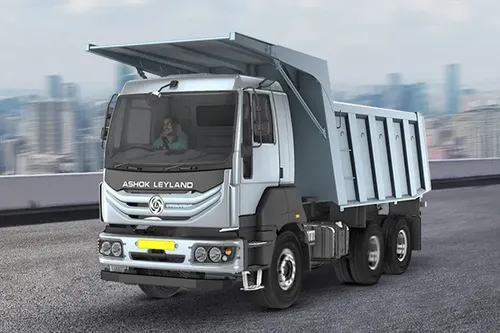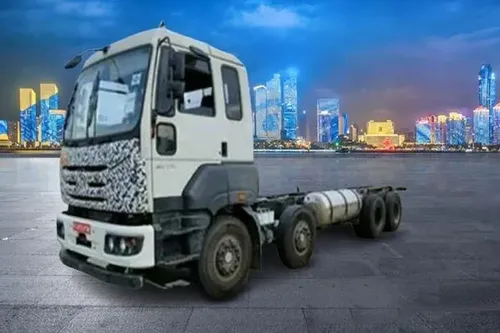Ad
Ad
Electric Auto-Rickshaws: Benefits of Electric Auto-Rickshaw Charging Infrastructure
In this article, we have discussed the important reasons why charging infrastructure is important for the widespread adoption and success of electric three-wheelers.

With many countries setting ambitious targets for reducing the number of gas-powered automobiles on the road and lowering greenhouse gas emissions, the global shift to electric vehicles (EVs) is accelerating. Several cities are implementing electric auto-rickshaws, which are a prevalent mode of transportation in many developing countries, to improve air quality and reduce noise pollution.
In the global pursuit of reducing carbon emissions and promoting sustainable transportation, the transition to electric vehicles (EVs) has gained popularity. These eco-friendly alternatives contribute to cleaner air and reduced noise pollution and are affordable with less maintenance cost.
The electrification of three-wheelers represents a pivotal step in the global transition towards sustainable urban transportation. However, the success of this eco-friendly shift depends significantly on the development of robust charging infrastructure. In this article, we have discussed the important reasons why charging infrastructure is important for the widespread adoption and success of electric auto-rickshaws.
Challenges in the adoption of electric auto-rickshaws
Despite the growing popularity of electric auto-rickshaws, a major barrier remains in the form of limited charging infrastructure. Unlike traditional gas-powered counterparts, electric auto-rickshaws rely on charging stations to replenish their batteries.
This disparity poses a potential roadblock to the widespread acceptance of electric auto-rickshaws, limiting the benefits of electrification in urban transportation.
The importance of charging infrastructure for electric auto-rickshaws extends far beyond the simple act of refuelling. It addresses critical challenges such as range anxiety, promotes wider adoption, reduces downtime, improves air quality, and stimulates economic growth.
As governments, private enterprises, and communities come together to invest in charging infrastructure, they pave the way for a future where electric auto-rickshaws play a central role in creating cleaner, more efficient, and economically viable urban transportation systems.
Also Read: Top 10 Maintenance Tips To Keep Three-Wheeler In New Condition
Importance of Electric Auto-Rickshaws Charing Station
Charging infrastructure for electric auto-rickshaws comes in various forms, catering to the diverse needs of these vehicles. From slow chargers that take several hours to fast chargers capable of recharging a battery in minutes, the choice depends on factors such as battery capacity, driving range, and usage patterns.
For instance, auto-rickshaws covering long distances may require strategically placed fast charging stations along their routes. On the other hand, those operating in urban areas may find slow charging infrastructure at parking lots or terminals more beneficial.
Addressing Range Anxiety
One of the primary challenges facing electric vehicles, including auto-rickshaws, is range anxiety. Auto-rickshaw drivers often operate in areas with limited charging infrastructure, leading to concerns about running out of battery power during their routes.
The establishment of charging stations can effectively alleviate range anxiety, empowering drivers to operate their electric vehicles confidently without the fear of power depletion.
Increasing Adoption
The availability of charging infrastructure plays a pivotal role in driving the adoption of electric auto-rickshaws. Without a reliable network of charging stations, auto-rickshaw drivers may hesitate to make the switch due to concerns about downtime and the availability of charging facilities.
Investing in charging infrastructure encourages more drivers to transition to electric vehicles, contributing to a more sustainable and efficient transportation system.
Reducing Downtime
Charging infrastructure offers a significant advantage in minimizing downtime for auto-rickshaw drivers. Unlike gas-powered counterparts that require frequent refuelling, electric auto-rickshaws can be charged during breaks or while waiting for passengers. This not only optimizes the driver's time but also enhances earnings by reducing the time spent on refueling activities.
Air Quality
Electric auto-rickshaws produce zero tailpipe emissions, contributing to improved air quality and mitigating the adverse effects of air pollution on public health. By investing in charging infrastructure, we encourage a shift towards cleaner transportation, promoting environmental sustainability and addressing the pressing issue of urban air pollution.
**Promoting Economic Benefits
The deployment of charging infrastructure generates economic benefits on multiple fronts. It creates job opportunities in the charging infrastructure industry, stimulating economic growth in the communities where these facilities are established.
Additionally, the lower operating costs of electric auto-rickshaws, coupled with the potential for reduced maintenance expenses, contribute to improved profitability for auto-rickshaw drivers, fostering a more economically sustainable model.
Overcoming Challenges
Establishing a robust and accessible charging infrastructure for electric auto-rickshaws requires concerted efforts from governments, private stakeholders, and the automotive industry. Collaborative initiatives are needed to strategically install charging stations, considering the specific requirements of diverse auto-rickshaw fleets.
Overcoming these challenges is essential to unlocking the full potential of electric auto-rickshaws as a sustainable mode of transportation.
Government Initiatives for E-Rickshaw Charging Station in India
In recent years, the Indian government has embarked on a mission to revolutionize the transportation landscape by promoting the adoption of electric vehicles (EVs). A key aspect of this endeavour involves the establishment of robust charging infrastructure, and the government has implemented various initiatives and incentives to catalyze this transition. Here, are the pivotal role that the government plays in setting up charging infrastructure for EVs, with a specific focus on electric auto-rickshaws.
The Indian government has demonstrated a strong commitment to boosting the growth of EVs through a series of well-thought-out initiatives. Financial incentives, tariff policies, tax incentives, and support for state governments have been introduced to create a conducive environment for the development of charging infrastructure.
These policies are intended to reduce financial barriers, boost private investment, and accelerate the incorporation of EVs into the standard transportation system.
Promoting Widespread Adoption
The initiatives implemented by the government are strategically designed to promote the widespread adoption of EVs, including electric auto-rickshaws. By providing financial incentives and tax breaks, the government seeks to make EVs more accessible and appealing to both individual consumers and fleet operators.
This, in turn, is expected to drive demand for electric auto-rickshaws and contribute to a cleaner and more sustainable urban transportation system.
Accelerating the Transition
Transitioning to a cleaner and more sustainable transportation system is a group work that necessitates dedicated government involvement. The government's role extends beyond financial incentives to include creating a conducive policy environment, streamlining regulatory processes, and fostering collaboration among various stakeholders.
These efforts are crucial in addressing the challenges associated with the deployment of charging infrastructure for electric auto-rickshaws.
Challenges and the Way Forward
While commendable progress has been made, challenges persist in the widespread deployment of charging infrastructure. The need for increased investment, enhanced coordination among stakeholders, and the development of innovative funding models are critical aspects that require attention.
By actively tackling these difficulties and promoting a seamless and efficient charging infrastructure implementation, the government may further encourage development.
In conclusion, the role of the government in setting up charging infrastructure for electric auto-rickshaws is essential in realizing the full potential of EV adoption. The initiatives undertaken, including financial incentives and policy support, underscore the government's commitment to creating an environment conducive to sustainable transportation.
However, ongoing efforts to address challenges, stimulate investment, and ensure coordination among stakeholders are essential for the successful implementation of charging infrastructure. India is prepared to accelerate its transition to a cleaner, greener, and more sustainable transportation future as the government continues to play a vital role.
Also Read: Top 5 things to Think About Before Purchasing an Electric Three-Wheeler in India
Conclusion
The global shift to electric auto-rickshaws is a big step forward in the goal of sustainable urban transportation. However, the realization of the full environmental and economic benefits relies on addressing the critical problem of charging infrastructure.
By investing in diverse charging solutions and fostering collaborative efforts, nations can pave the way for a future where electric auto-rickshaws seamlessly integrate into urban landscapes, contributing to cleaner and quieter cities.
As cities are struggling with the adverse effects of vehicular emissions and noise, the silent and zero-emission nature of electric auto-rickshaws becomes increasingly attractive. However, without a dependable charging infrastructure, the potential environmental benefits may be limited.
Features & Articles
Tata Trucks Price & Best Models 2026
Explore Tata Trucks Price India 2026 with detailed specs, payload, mileage, and features. Compare top Tata truck models, latest launches, and best options for business an...
03-Feb-26 01:08 PM
Read Full NewsTop 5 Electric Buses Leading India’s Green Revolution in 2026
Explore top electric buses in India 2026 with prices, range, features, and comparison of Switch, Tata, EKA, Olectra, and SML electric buses....
30-Jan-26 10:47 AM
Read Full NewsICV vs HCV Trucks: Which Is More Profitable in 2026?
ICV vs HCV trucks in 2026 explained with costs, mileage, ROI, maintenance, and profitability. A simple guide for Indian fleet owners to choose the most profitable truck t...
27-Jan-26 11:52 AM
Read Full NewsTop 10 Electric Trucks in India 2026: Price, Range, & Payload
Explore the top 10 electric trucks in India 2026 with prices, range, payload, and features....
22-Jan-26 09:17 AM
Read Full NewsDiesel vs CNG vs Electric Trucks in India 2026: Choosing the Right Truck for Your Business Needs
Compare diesel, CNG, and electric trucks in India. Understand costs, performance, and business suitability to choose the right truck for long-haul, city logistics, or eco...
21-Jan-26 11:12 AM
Read Full NewsElectric Commercial Vehicles in India 2026: Complete Guide to Electric Trucks, Buses, and Three Wheelers with Prices
Electric Commercial Vehicles in India 2026 explained with latest electric truck, bus, and three wheeler prices, features, range, and logistics insights, making buying dec...
19-Jan-26 09:52 AM
Read Full NewsAd
Ad

